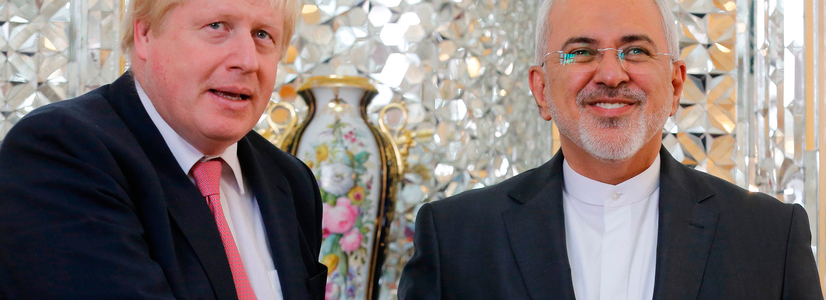
TEHRAN, Iran — Many foreign companies returned to Iran’s largely untapped market after the signing of the Joint Comprehensive Plan of Action (JCPOA) in July 2015. The landmark deal took effect six months later, and lifted international sanctions in exchange for restrictions on Iran’s nuclear program. The deal has helped bring economic benefits for Iran, including the opening up of the chance to attract foreign direct investment.
First Vice President Eshaq Jahangiri, at the opening ceremony of a major international exhibition in Tehran on Sept. 24, said Iran has attracted more than 11.4 billion euros’ ($14.25 billion) worth of foreign direct investment after the signing of the nuclear deal. Recent figures also show that, in the post-JCPOA era, Iran has sealed major contracts worth nearly 49 billion euros in key sectors such as energy, automobile production, railroad industries and aviation, mainly with European states.
With the removal of nuclear-related sanctions and the overall global change of atmosphere toward the Islamic Republic, Iran has enjoyed growing trade ties with European Union members; the bloc’s exports to Iran exceeded 8.2 billion euros in 2016, up from 6.5 billion euros a year earlier. In 2016, the EU’s imports from Iran reached 5.5 billion euros, an annual increase of 344.8%.

